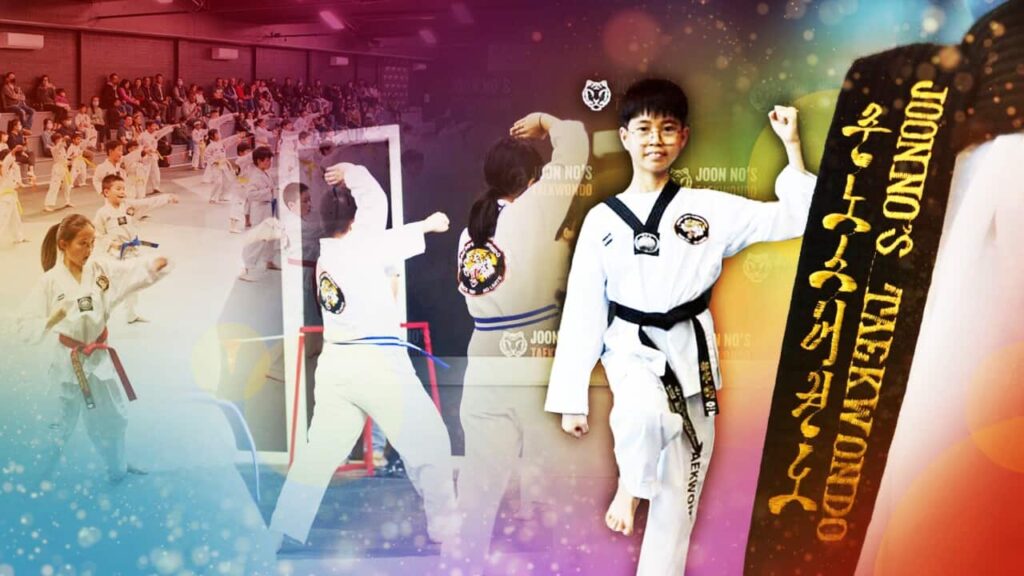Key Point
- Sean Kim, who lives with autism, says Taekwondo has helped him in many ways.
- Australia has one of the highest estimated autism prevalence rates in the world.
- According to experts in child psychiatry and education, taekwondo can help children with socialization and physical balance.
“He often stumbled while walking on the street and wouldn't accept things even if they were handed to him,” Mark Kim told SBS Korean.
But learning Taekwondo made a noticeable difference.
mark kim
Sean said, “Since learning Taekwondo, I've been able to do a lot of things that I couldn't do before, so I'm very happy.''

Sean Kim and his father Mark Kim. credit: SBS Korean
autism spectrum disorder in australia
As highlighted in this paper, the Disability, Aging and Carers Survey with national data collected by the Australian Bureau of Statistics estimated the prevalence of ASD in 2018 to be 83 in 10,000 people; is nearly triple the 2009 estimate of 30 in 10,000.
“There are many reasons why the number of people with ASD is increasing, but increased diagnosis is also playing a big role,” he said, adding that environmental hormones and rising age at marriage are other factors.

From left to right: Dr. Jung Young-kyung, Professor Kim Ji-tae, and Dr. Park Sung-yeol. credit: Supplied
taekwondo and balance
According to child psychiatrist Dr. Young-kyung Jeong, taekwondo is a great way to help with this.
Taekwondo is an exercise that involves many balance movements that require supporting the weight of the entire body on one leg.This helps people with ASD regain a sense of balance and body control
Dr. Young-kyung Chung
Additionally, “poomsae” (defined patterns of defense and attack forms used to teach Taekwondo) provides a psychological positive effect on people, as it provides a sense of emotional stability through planned movements and drills. It turned out to have an impact, she said.

Taekwondo is an exercise that requires many balance movements. credit: Junho's Taekwondo
Kim Ji-tae, a physical education expert and professor of physical education at Dankuk University, also emphasized the “safety'' that comes from following instructions.
“Emotional regulation is essential for the development of society, and Taekwondo has a positive impact on emotional regulation because it teaches etiquette,” he added.

Taekwondo instructor Bianca Gina Noh says taekwondo “fosters inclusivity and a sense of belonging.” credit: SBS Korean
“Sports that fosters inclusion”
According to his father, not being able to actively participate in sports with other children his age also affected Sean's personality.

Taekwondo is a Korean martial art that involves punching and kicking. credit: Junho's Taekwondo
Mark Kim said his son was “transformed” after discovering taekwondo when he was 10 years old.
“Before he learned taekwondo, Sean couldn't understand instructions and often wouldn't answer when called,” he said.
However, after learning taekwondo, he underwent an amazing transformation, to the point where he said, “I'll try'' when asked to help with housework.
mark kim
“Learning the values of respect, acceptance, understanding and learning to work together are important lessons.”

